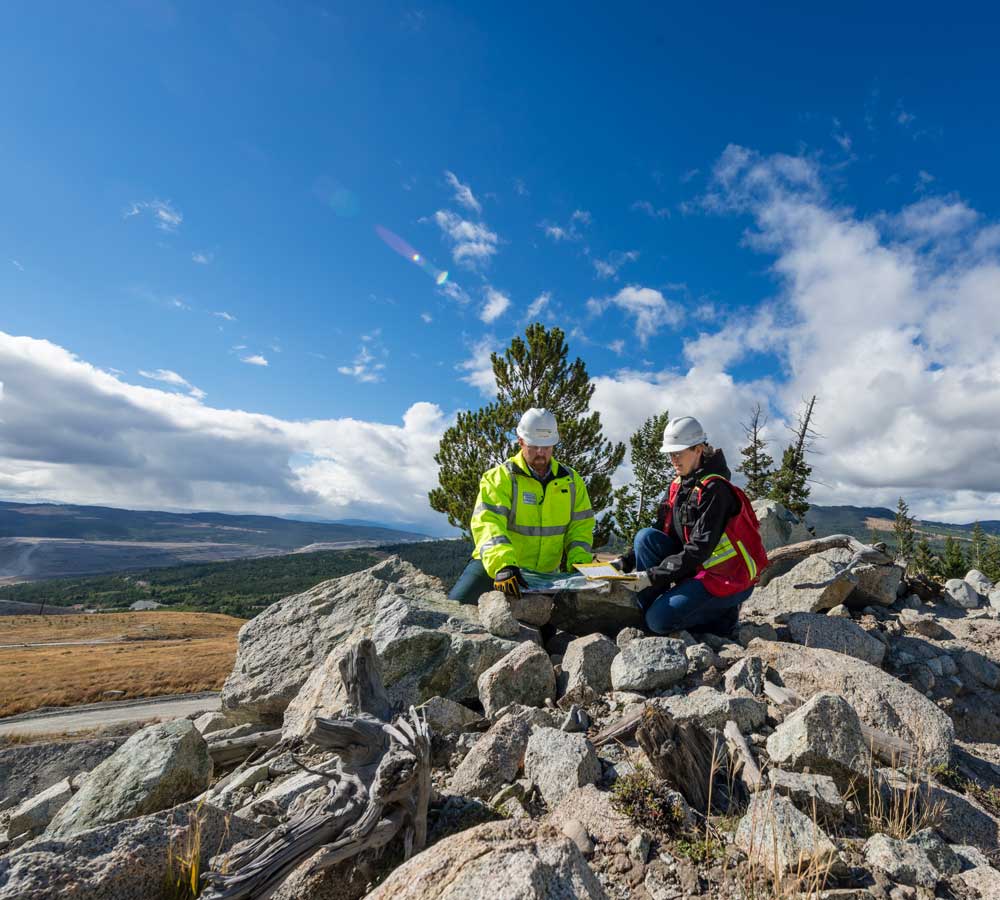The world must rapidly build clean energy technologies and infrastructure to confront climate change. This means building more wind turbines and solar farms and enhancing our electricity grids. It means transitioning to electric vehicles (EVs) and building batteries and charging infrastructure to support them.
All of these clean technologies require enormous amounts of minerals and metals. In British Columbia, we produce many of the minerals and metals necessary for the energy transition.
BC is:
- Canada’s largest producer of copper – essential for electric vehicles and recognized as a key ‘electrification metal’ for its widespread use in clean technologies.
- Canada’s top producer of steelmaking coal – crucial for clean energy infrastructure like wind turbines.
- The second largest Canadian producer of silver – vital for solar panels.
BC’s mining industry produces other important or “critical” minerals including aluminum, antimony, bismuth, germanium, indium, lead, molybdenum, tellurium, and zinc.

